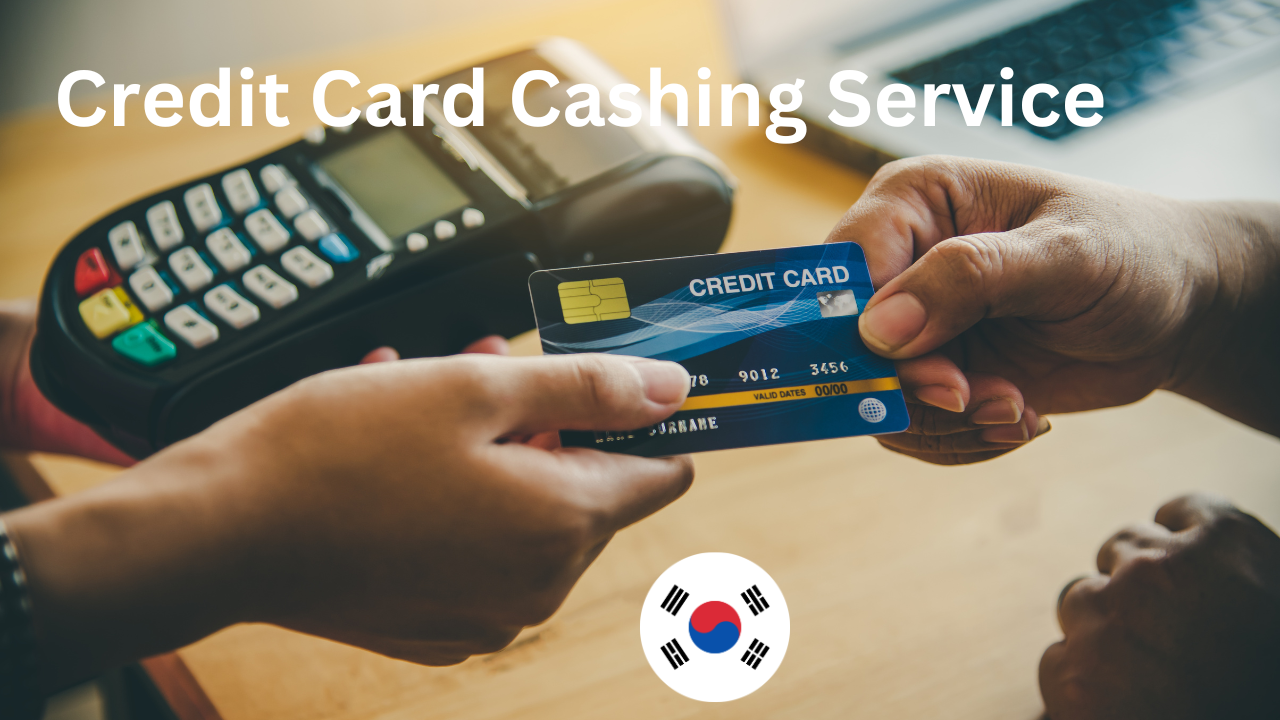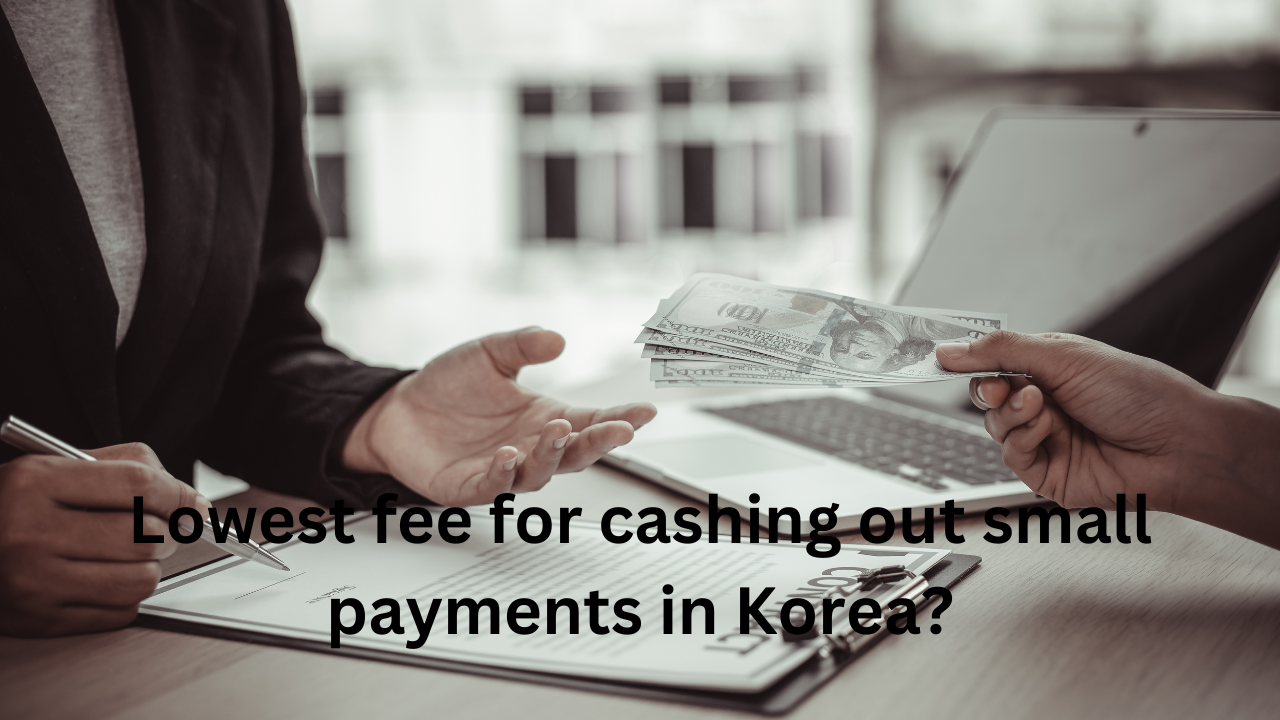Introduction to Debt Consolidation in South Korea
Debt consolidation financial strategy is one of the ways that people in South Korea are taking in order to put their finances in the right shape. The approach works to have a single loan with lower interest rates, ensuring that a number of loans are consolidated into a single loan; hence, simplified monthly payments are reached, and financial clarity achieved.
While this is turned on, newer problems in the economic landscape continue to emerge, and hence, debt consolidation has come as a ray of hope for many and turned out to be a feasible solution to this complex problem. The procedure usually entails taking out one new loan to pay off several debts, hence leaving the borrower with only one monthly repayment to worry about. This is not only easy in the repayment process but can provide savings in interest payment and hence reduce the overall financial burden for an individual or family.
Taking into consideration the high level of competition that characterizes the financial markets of South Korea, very many banks and financial institutions nowadays offer tailor-made products that would be required for debt consolidation. The specific purpose is to meet the particular needs of South Koreans in aspects such as their income levels, existing debt, and the financial objectives they may have. Managed with the right approach, debt consolidation may lead toward a more disciplined and focused financial life that clears the decks for future stability and growth.
Moreover, the psychological benefits of debt consolidation should not be underestimated. The stress and anxiety related to getting so many debts can be so overwhelming that it can affect not only the well-being of a person but also their productivity at the workstation and family life. Debt consolidation contributes to better control of an individual over his or her financial situation; hence, such efforts are likely to lead to better mental health and quality of life in general.
In short, debt consolidation in South Korea is a good financial plan for all those people who want to restore control over their finances. It does offer a way out of the circle of debt with lower interest solution rates, simplifies monthly payments, and provides an orderly financial plan. The wider development of such an approach promises to build a financially resilient society that, in its turn, would cope confidently in meeting what the modern economy sets before citizens.
Understanding Debt Consolidation
Debt consolidation is such a way in which different kinds of debts get grouped into one loan account, making the process of repayment easier 소액결제 현금화 루트. This is being followed in South Korea not just for convenience but for betterment in financial health during increased consumer spending and credit options.
Popularity in South Korea
Debt consolidation resonates directly with the South Korean values of financial steadiness and accountability. With its competitive banking sector, South Korea avails a variety of consolidation offers to meet the appeal of those seeking consolidation, aligning their finances with their objectives in life. Advantages and Disadvantages The benefits of debt consolidation are simple payments, lower interest rates, and a chance for people to find ways through which they can improve their credit scores by being in a position to make consistent payments. On the other hand, it calls for discipline, as one must understand that consolidating debts does not erase them; consequently, there might be associated costs and limits to what debts can be consolidated.
Read more : https://k9deb.com/%ec%8b%a0%ec%9a%a9%ec%b9%b4%eb%93%9c-%ed%98%84%ea%b8%88%ed%99%94/
Conclusion
Debt consolidation in South Korea is an avenue to financial stability, not a road to ruin. It does not seem suited for everyone, but suitability is due to the financial situation and goals of an individual. While availing a chance for potential savings and simplicity, it is very important that the costs be taken special precaution before any decision, as they conform to personal financial strategies.
Frequently Asked Questions
- Is debt consolidation suitable for everyone?
No, it depends on individual financial situations, debt types, and goals.
- How does it affect credit scores?
There might be a slight initial dip in credit scores, but consistent, on-time payments can improve scores over time.
– Can all types of debts be consolidated?
Generally, consolidated debt may be considered for mostly unsecured debts like credit cards and personal loans, but not for secured debts like mortgages.
– Are there alternatives to debt consolidation?
Yes, including debt settlement, debt management plans, and bankruptcy, each with its own set of considerations.














